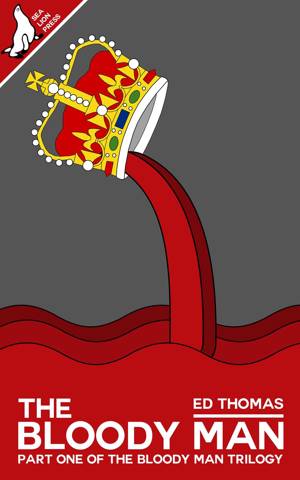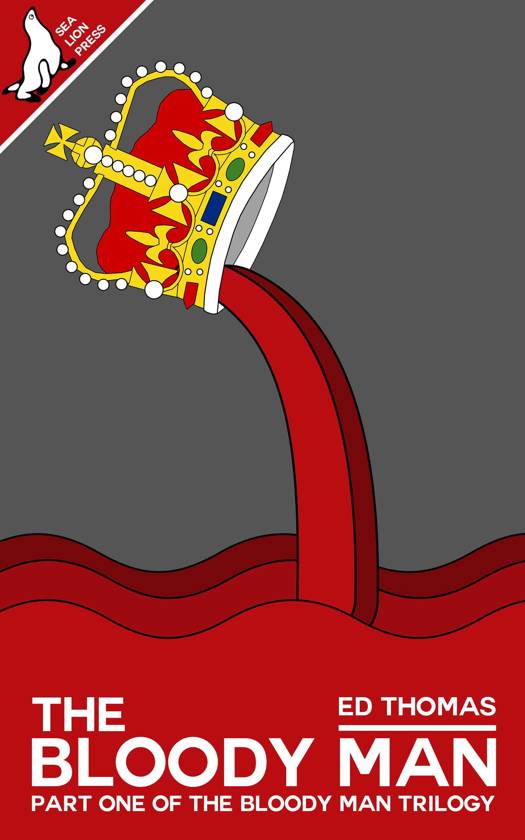
- Retrait gratuit dans votre magasin Club
- 7.000.000 titres dans notre catalogue
- Payer en toute sécurité
- Toujours un magasin près de chez vous
- Retrait gratuit dans votre magasin Club
- 7.000.0000 titres dans notre catalogue
- Payer en toute sécurité
- Toujours un magasin près de chez vous
Description
Oliver Cromwell occupies a unique place in British history. While other great, flawed figures of our past such as Winston Churchill, the Duke of Wellington, Elizabeth I or Henry V are proudly remembered as national heroes, Cromwell – one of England's finest generals, and the person who arguably did more than any other to establish the foundations of modern Britain -commands no such unanimity.
Some still passionately denounce him as a genocidal dictator, a 'prototype Hitler' who introduced military rule to the British Isles, banned Christmas and dancing, and ruled through fear and the ruthless application of force. Others argue that he was a liberator, a noble foe of tyranny and oppression, and the originator of the British tradition for tolerance.
The one thing that can be agreed on is that it is difficult to imagine what might have happened, good or ill, had a certain obscure Cambridgeshire Member of Parliament had not been present to influence the direction of Britain at one of the most tumultuous periods of the nation's history.
An English Civil War without Cromwell. Let's speculate.
Spécifications
Parties prenantes
- Auteur(s) :
- Editeur:
Contenu
- Langue:
- Anglais
- Collection :
Caractéristiques
- EAN:
- 9781386693390
- Date de parution :
- 15-10-18
- Format:
- Ebook
- Protection digitale:
- /
- Format numérique:
- ePub

Les avis
Nous publions uniquement les avis qui respectent les conditions requises. Consultez nos conditions pour les avis.






